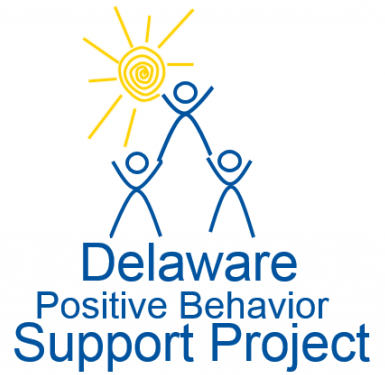ABCs of IEPs Module
The ABCs of IEPs is an informational module designed to increase educators’ knowledge and implementation of addressing behavior and social skills needs on the IEP. This module is intended for all educators responsible for writing or contributing to the development of IEPs that address behavioral or socio-emotional needs. It will be especially helpful for special education teachers, educational diagnosticians, special education administrators, school psychologists and counselors.
In order to receive clock-hour credit for reviewing this information, sign up for the course through PDMS. Search for “PBS ABCs of IEPs Module” or course #29044.
Overview
Here is an overview of the entire series which is accessible via the Schoology course. After viewing, you will have an idea of the course objectives and content. Please register and take the course if you are looking for a deeper dive into the content.
Presentation:
Viewing directions:
- Click on the link above to open the ABCs of IEPs presentation.
- Once the slide show opens, do not “enable editing” if prompted to do so.
- Click to progress through the slides.
- If you are having trouble seeing any graphics or parts of the presentation, try opening the link through a different internet browser (such as Chrome). Also check to make sure you did not “enable editing” in the presentation.
Resources:
Included below are resources that are referenced throughout the Module. There are sample forms, website links, useful tools, etc. Click on the links below to open the resources.
Part 1: Overview Materials
Part 2: Data Considerations and Other Special Factors Resources
Part 3: Unique Educational Needs
Part 4: Developing and Writing IEP Goals
- SMARTS Outline
- Prompt Hierarchy
- MTSS Overview Triangle
- ABC Boxes
- ABC Boxes with Description
- Let’s Fix It: Making Goals Measurable
Part 7: Data Collection Resources
- Type of Data Collection Techniques
- Weekly Duration Data
- Weekly Frequency Count
- Weekly Interval Data
- Momentary Time Sampling: This form, from the University of Kansas, provides a simple way to record whether a behavior does or does not occur within a designated length of time.
- Momentary Time Sampling: This tool, from How to ABA, provides instructions and a data collection chart for recording behavior occurrences that can be reviewed with the student.



